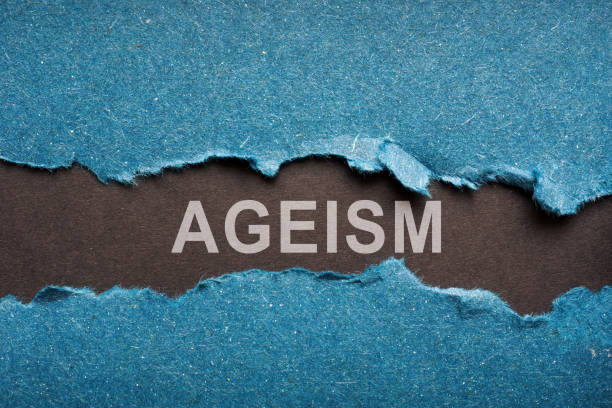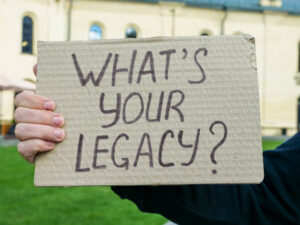Ageism is stereotypes or discrimination based on age. Research suggests that people with more negative views on the aging experience poorer health. Ageism is the only form of prejudice we will all experience, if we live long enough.
Common examples include:
*Labeling misplacing a common object as a “senior moment” – research shows perceptions of age related memory loss is overblown
*33% of Americans are over 50 and often have the most disposable income. However, 90% of marketing dollars target those under 50
*Viewing older people as out of touch, less productive or stuck in their ways
*Disregarding someone’s concerns or wishes due to their age
Be aware that ageism is widespread in healthcare, which is harmful because older adults often need more care as they age. This can lead to discrimination and lower quality care.
Because most of us age, ageism is a form of inequality that affects all of us. Education, intergenerational understanding and changing policy are necessary to end it.
Guidelines in this table reflect language that should be used with older adults. Reverse ageism – discrimination and stereotypes against people under 40 – also exists.
| TERM TO AVOID | SUGGESTED ALTERNATIVE |
| The elderly | Older adults |
| Elderly people | Older people |
| The aged | Persons 65 years and older |
| Aging dependents | The older population |
| Seniors | The older population |
| Senior citizens | The older population |


